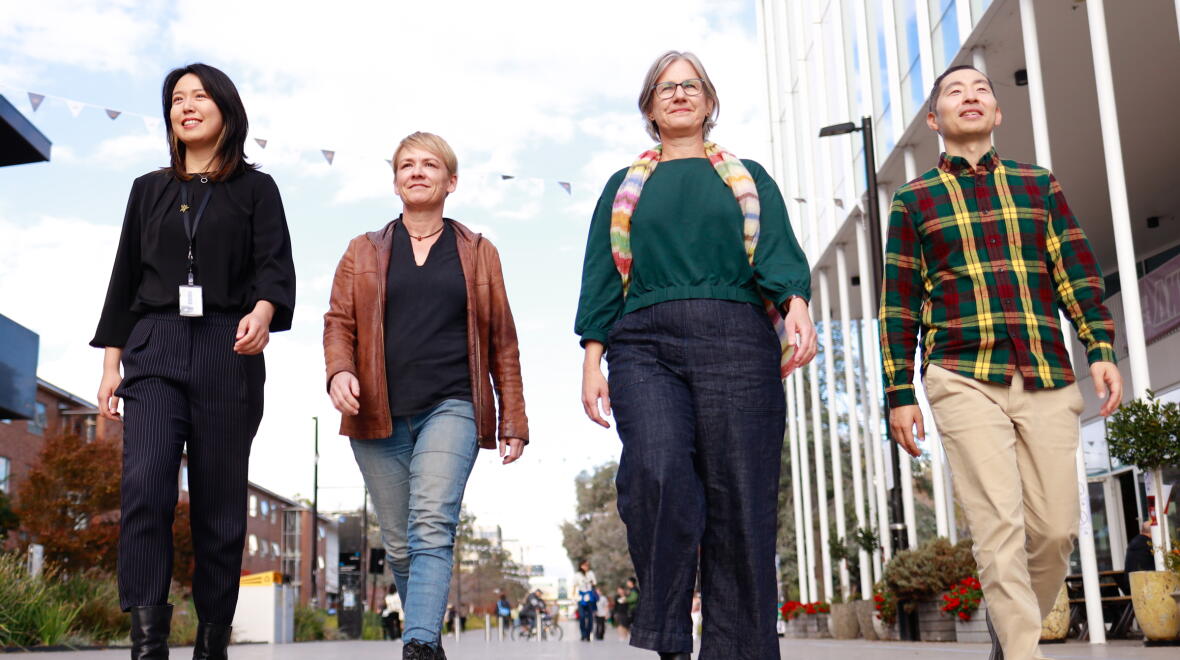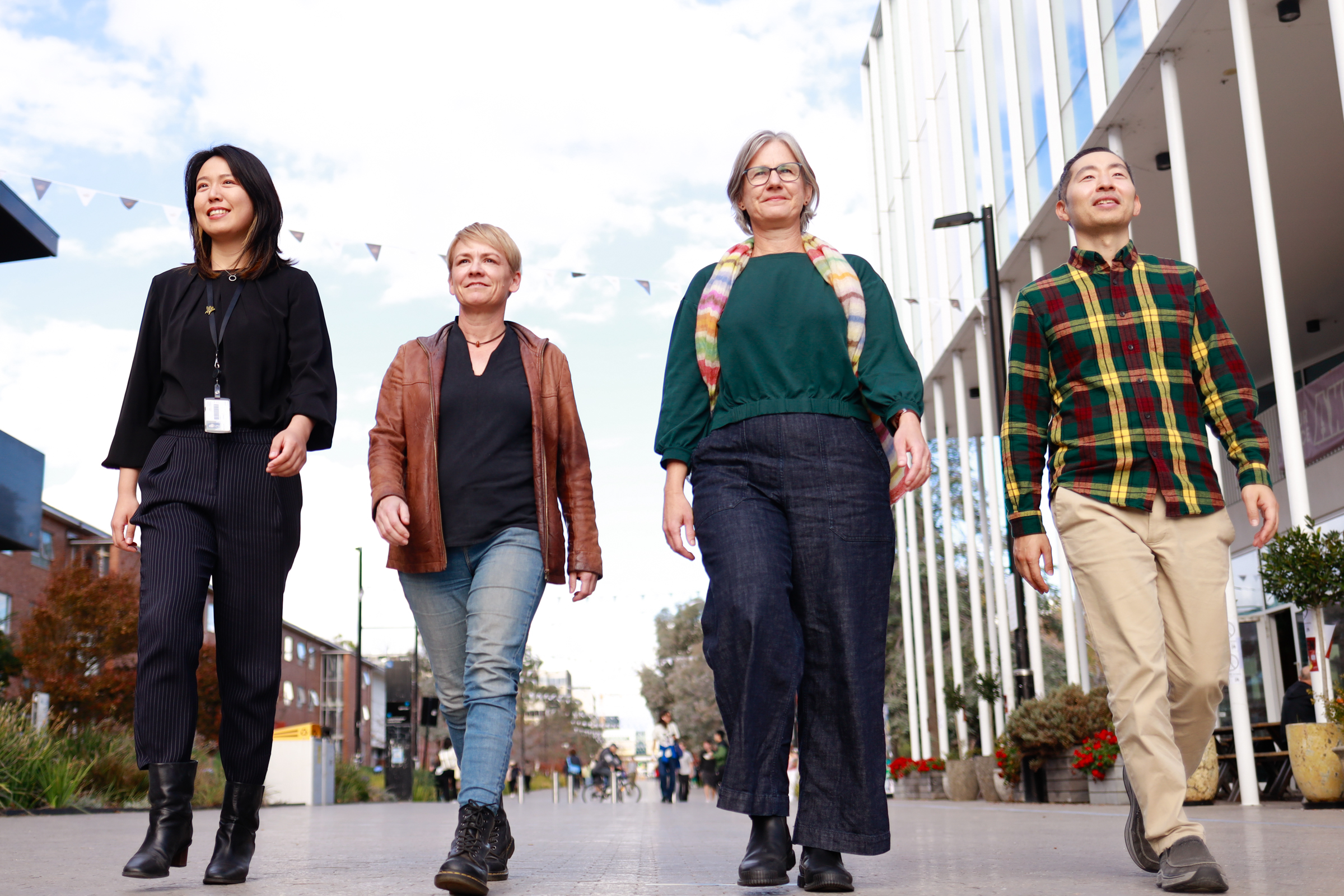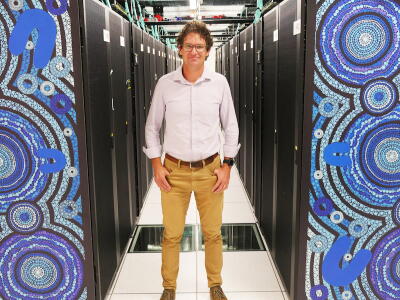What’s stopping ACT homes from going all-electric? New ANU-ActewAGL partnership set to find why
Posted on
Despite advances in technology and policy, many ACT residents remain hesitant to fully electrify their homes.
Now, thanks to support from ActewAGL, researchers from The Australian University (ANU) are set to understand what’s holding them back – and what may change their minds.
Dr Kimin Eom, an expert in sustainability psychology from the ANU College of Business and Economics, is the recipient of the 2025 ActewAGL Endowment Fund.
He has received $135,000 in funding to understand the psychological barriers preventing residents from embracing all-electric homes. Over the next year, Eom will work with ANU researchers Dr Zoe Leviston, Sarah Boddington and Associate Professor Xiaolin Wang to identify persuasive messages that address barriers to home electrification.
“We’ll explore ACT residents’ beliefs, concerns, and social influences around electrification. Based on these insights, we’ll design and test messages that effectively address concerns and encourage more people to make the switch,” says Eom.
“Data from the Australian Photovoltaic Institute shows that the 40.1% of houses in the ACT had solar in 2024. While upfront costs are a key barrier to electrification, we think social factors like trust in government and energy providers also likely play an important role.
“This collaboration allows us to bridge academic research with real-world issues. By working with ActewAGL, we can ensure our research stays directly connected to practical solutions and community needs.”
Professor Lachlan Blackhall, ANU Deputy Vice-Chancellor (Research and Innovation), says this partnership highlights how research can play a pivotal role in shaping sustainable futures.
“By addressing the psychological barriers to home electrification, we are supporting the ACT’s path to a zero-emissions future as well as contributing to broader global efforts toward more sustainable living,” he says.
Established in 2009 with a $1 million donation from ActewAGL, the ActewAGL Endowment Fund supports ANU research that addresses critical challenges in renewable energy. The fund fosters collaboration between the ANU and ActewAGL to help deliver practical solutions that benefit the community and contribute to a more sustainable future.
Rachael Turner, ActewAGL Retail General Manager says that ActewAGL is pleased to support Dr Eom and his team as they explore the social and behavioural factors influencing household electrification.
“We know the transition is complex and impacted by a range of lived experiences. This research will provide important insights to inform our community’s transition to full electrification and eventually, net zero emissions by 2045,” she says.
With the ACT already a national leader in renewable energy, the project’s findings will contribute to accelerating the pathways to a zero-emissions future.
“With our project, we hope to help ACT residents feel engaged and find meaning in this important transition to sustainability. By supporting more households, we can move closer to the 2045 zero-emissions target while improving energy efficiency and lowering costs,” says Eom.
You may also like
Ecosystem approach to food insecurity a first for Australia
Victorian social enterprises that are working together to redress food insecurity, hunger and nutrition issues in a culturally appropriate way in the wake of recent crisis have excited Australian…
Could our food choices have a positive green impact?
Making good food choices is necessary both for ourselves and for the planet, says plant scientist Professor Justin Borevitz.
Professor Hogg to take climate modelling to the next level
Professor Andy Hogg has been appointed as inaugural Director of the Australian Community Climate Earth System Simulator-National Research Infrastructure (ACCESS-NRI).




